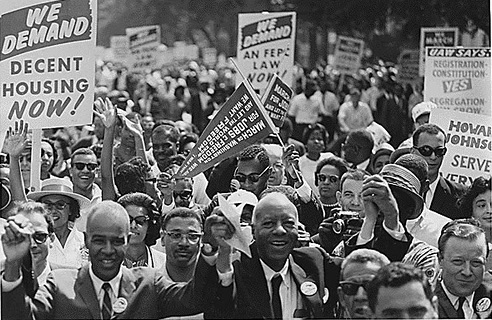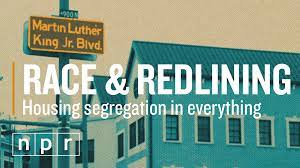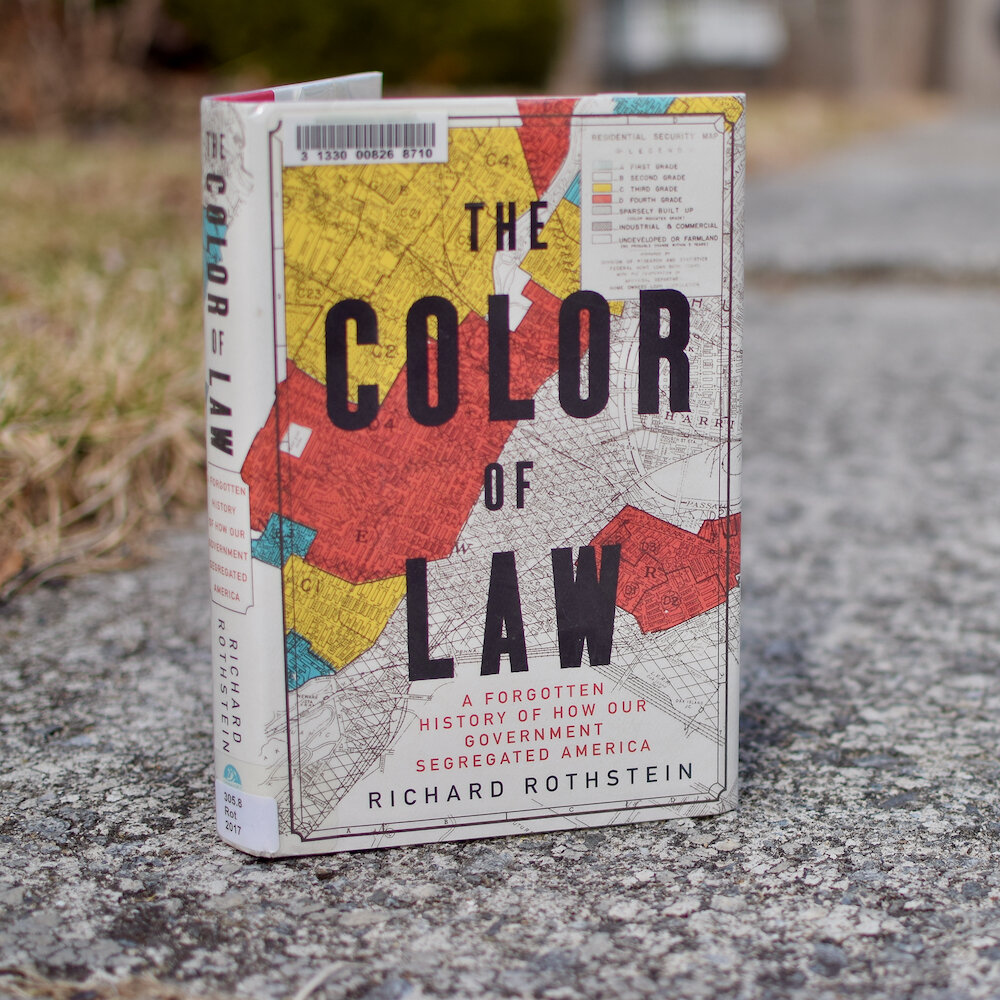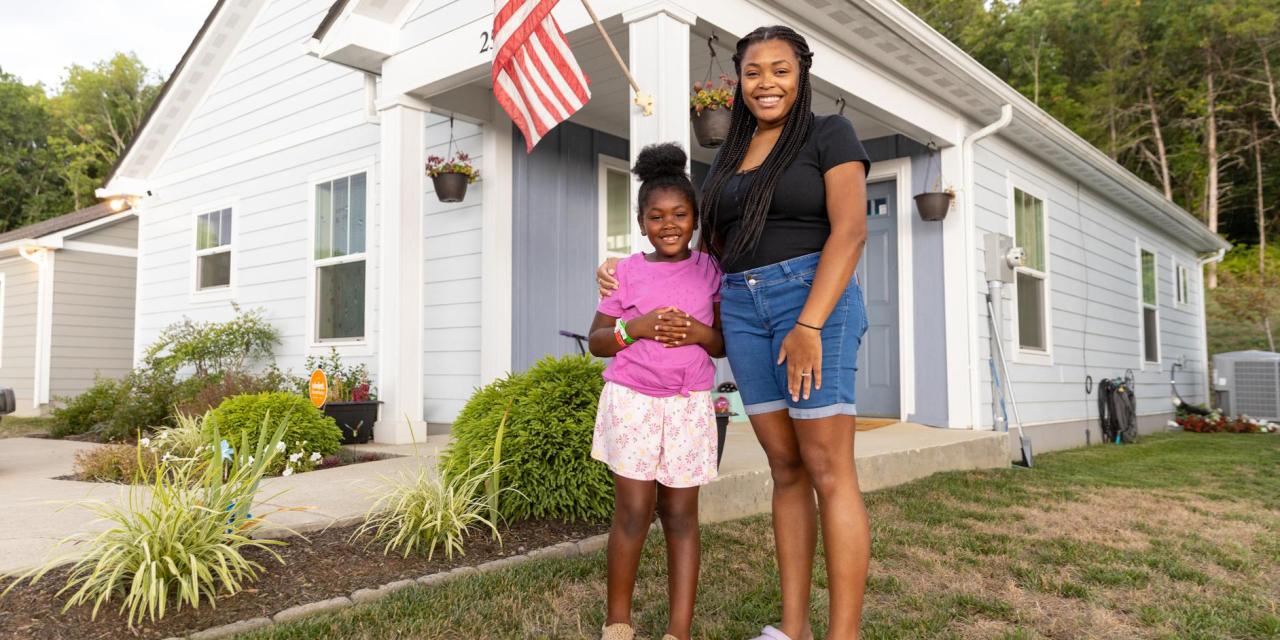“Private discrimination also played a role, but it would have been considerably less effective had it not been embraced and reinforced by government.”
Richard Rothstein in The Color of Law: A Forgotten History of How Our Government Segregated America
Community Conversation
Racism in American Housing Policy & Practice

This week’s newsletter comes to you after a breaking story hit the media last week, “Home Appraised With a Black Owner: $472,000. With a White Owner: $750,000” from the New York Times (we recommend you read the entire story). Unfortunately, racism in Real Estate is not breaking news, but what’s different in this example is that rather than the discrimination being insidious and hard to prove, these Black homeowners, one of them a professor of Redlining and racism, knew they were being discriminated against and set up a “whitewashing” experiment to prove it.
It’s vitally important, as allies, that we understand the history of racism and housing so we can repair the damage together. The American institutions that dictate rules of engagement for land and home-ownership is inseparable from indigenous genocide, enslavement of African-heritage people, and white supremacy/ racism.
So this week, we bring you three resources to uplift your education around the history of racism in housing practices, how that impacts people of color’s lives in many other critical dimensions, and what we can do about it.
Gillian
Resources
Video (6 min)
Housing Segregation and Redlining in America: A Short History
Code Switch | NPR

This video gives you the quick n’ dirty overview of ‘Redlining’, a government-recommended practice starting in the 1930s that categorized areas where ‘negros’ and ‘asiatics’ lived as being hazardous risks for banks to lend mortgages to the people who lived there.
Also in this video is an analysis linking this racist practice to its impact on Black and Brown peoples’ inability to build generational wealth, have access to quality schools, adequate health needs, and policing. I was blown away, but also not totally surprised, by the statistic that 98% of fixed rate mortgages given between 1930-1968 were given to white families.
Redlining ‘officially’ ended in 1968 with the Fair Housing Act, but this was not enforced and it continued, and continues in subtle ways until this day.
Article
5 Policy Solutions to Advance Racial Equity in Housing
Habitat for Humanity
If you’re wondering, so what do we do about this?! Here is a much-needed analysis from Habitat for Humanity detailing possible solutions to right what has been, and is still very, wrong.
The 5 suggestions are:
1. Increase opportunities for Black homeownership.
2. Invest in distressed, racially segregated communities.
3. Stop perpetuating segregation.
4. Invest in affordable rental housing.
5. Minimize the damage of COVID-19 on Black households.
Read this article to lean more about each of them in depth. Also, at the end of the article is a link to join them in supporting their “Cost of Home” program that will help provide housing to 10 million americans over the next 5 years.
Podcast
The Color of Law: A Forgotten History of How Our Government Segregated America
Richard Rothstein

While I haven’t personally read this book (yet), it does come highly recommended as a place to learn in-depth about the racist history of housing in America. I appreciate that it not only takes a powerful historical stance but also stands for reparations and justice. Here are highlights from the book:
“We have created a caste system in this country, with African Americans kept exploited and geographically separate by racially explicit government policies. Although most of these policies are now off the books, they have never been remedied and their effects endure.”
“As citizens in this democracy, we—all of us, white, black, Hispanic, Asian, Native American, and others—bear a collective responsibility to enforce our Constitution and to rectify past violations whose effects endure. Few of us may be the direct descendants of those who perpetuated a segregated system or those who were its most exploited victims. African Americans cannot await rectification of past wrongs as a gift, and white Americans collectively do not owe it to African Americans to rectify them. We, all of us, owe this to ourselves. As American citizens, whatever routes we or our particular ancestors took to get to this point, we’re all in this together now.”
